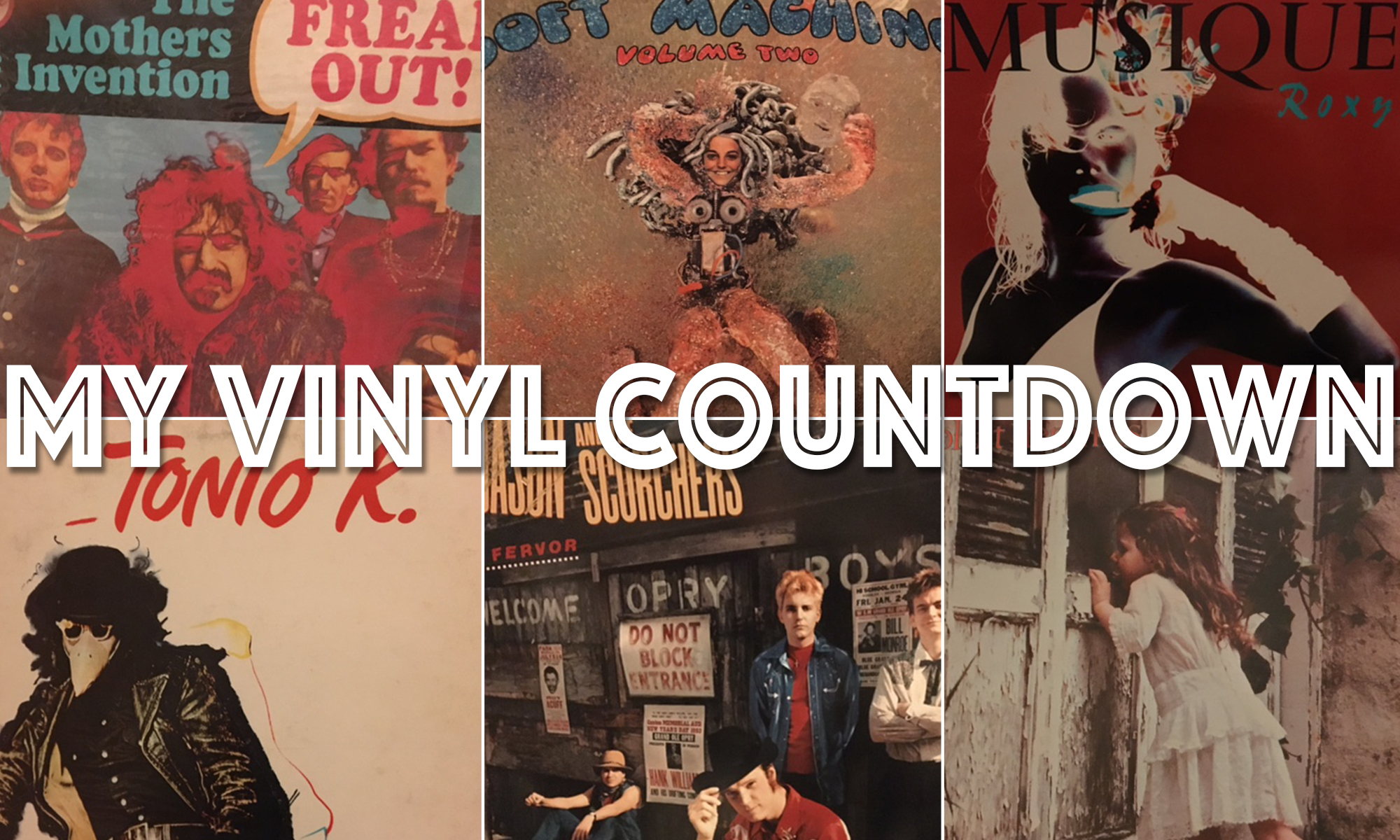
ALBUMS: History of Eric Clapton (1972 2-record compilation); EC Was Here (live)(1975); Backless (1979); Crossroads (6-record boxed set 1988)
MVC Ratings: Boxed 5.0/$$$$$; History 4.5/$$$$$; EC 3.5/$$$$; Backless 3.5/$$$$
Do I have too much Clapton?
Like an unbalanced 401/K plan do I need to liquidate some Eric Clapton. Should I re-rebalance my portfolio of 678 records (which I am writing about in this blog) by selling some Clapton.
For example, I could sell some Clapton for Albert King, a key Clapton influence whom I don’t have. But that would almost be like buying more Clapton, an artist steeped in blues music. Or, should I diversify and maybe buy some Django Reinhardt, a Gypsy jazz guitarist from yesteryear who was at least as influential as Clapton but had a totally different style, outside the realm of blues.
As you can see above, I only have four separate Clapton ‘products’ But as you can also see, one is a 6-record box set, and another is a double record chronology. Pretty comprehensive.
That’s 10 vinyl slices totaling about six or seven hours of Clapton. That doesn’t include my two Cream albums, my Yardbirds album and my Derek and the Dominos double album set, all of which have Clapton in the mix. I will review separately when they come up in my alphabetical line-up. (I’m in the C’s so we’ll be doing Cream pretty soon).
I think I will hold off liquidating immediately.
If you are a Clapton fan, it is good to see the arc of his playing.
He is praised for his fluid improvisational guitar solos, mostly in a blues context. And he is cursed for his fluid improvisational guitar solos because they infiltrated rock and roll and pretty soon everybody and their brother-in-law’s cousin was strapping on a Fender Stratocaster aiming to be a lead guitarist.
As the low-solo 50’s melted away to the 1960’s, there was a nuclear arms race over how fast and long that guitar solo should be. Too many times the result was guitar for showmanship’s sake and not for song-sake. Granted these guitar jams tended to be used and abused more in the live concert setting, than in the studio.
In the studio you had a producer saying, ‘Uh, Jimi, I think we are good with that 37-minute version of the ‘Star Spangled Banner.’ You can flesh it out a little more on stage tonight if you want. I sure hope our flag is still there.’
Clapton can be accused of starting it. He and John Mayall developed a cult following in London, immersing themselves in blues.
“‘Clapton is God’ graffiti began appearing around the city, defining a central tenet of the Clapton mythology to this day,” wrote Rolling Stone writer Anthony DeCurtis in the Crossroad’s liner notes.
I don’t have ‘Tears in Heaven’ on any of these records. The soft rock tear-jerker about the tragic death of his child was one of his biggest hits but also fed into this view that he was going ‘commercial or soft as he got older, especially since he used to be such a purist.
Clapton himself said in the biography ‘Clapton!’: “I’m far too judgmental and in those days I was a complete purist. If it wasn’t black music, it was rubbish.”
Now we should give the man the benefit of the doubt on his sincerity behind ‘Tears’ given the subject matter.
But these softer songs and big hit covers like ‘Cocaine’ and ‘I Shot the Sheriff’,’ I think unfairly led to some in my generation and later generations to suggest he was overrated.
Um, no.
Listen to all six vinyl records in Crossroads. That includes his work with Mayall, the Yardbirds, Cream, Delaney and Bonnie, Blind Faith and Derek and the Dominoes.
D&D the double record studio production with Duane Allman and Eric trading licks on old school blues tunes and the ever-great title song is one of my desert island albums.
Sure he had some commercial schlock (full disclosure, I and mi esposa like ‘Wonderful Tonight’ as one of the soundtracks of our first dates in high school.) A critical observation may be’ look at what he hath wrought.’
But overrated? Don’t think so.
David Fricke, a rock critic for Rolling Stone magazine, said this:
“Clapton’s economy of style, clarity of technique and improvisatory firepower are the standard by which nearly all electric guitarists, blues or otherwise, have been judged for over twenty years.”
Like I said, a curse and a blessing.
